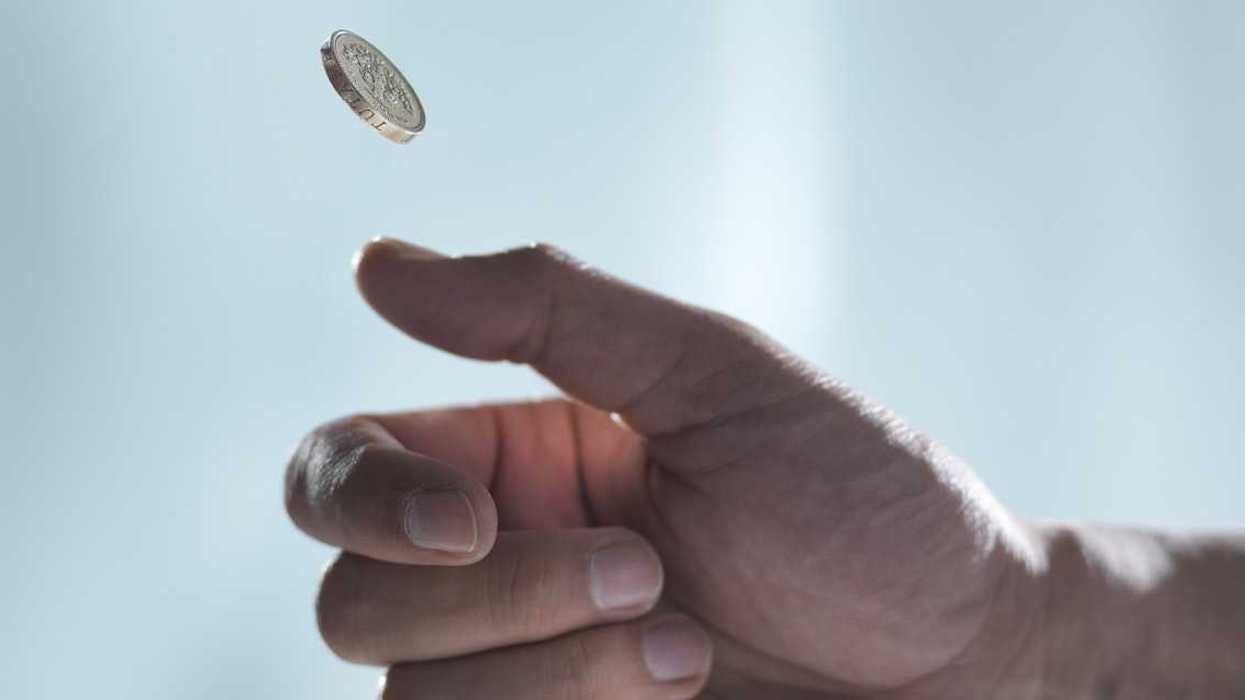Not too long ago, I was hanging out in a London nightclub, beer in hand, friends in tow, talking to some British guy I hadn’t the faintest interest in. During a particularly agonizing bout of small talk, this gentleman asked me what I was doing in London. I told him I was writing for a magazine. He was confused.
“You’re too pretty to write for a magazine,” he said bluntly. “Shouldn’t you, like, be in one?”
A few weeks later, that changed. I unexpectedly lost the part-time weekend job that was keeping me afloat between low-paid freelance projects. With long-term travel planned for less than two months away, my prospects of securing a job I would actually want to keep were slim. So I went from spending the occasional Saturday night in a club by choice to working in one every weekend. Suddenly, I was no longer free to walk away from inane conversations with drunken men in dimly lit corners. Flirting with them was now my job.
Male and female economic roles have undergone tremendous upheaval during this recession. In the United States, at least, women now make up the majority of the workforce, workplace managers, and college graduates. On the surface, my career trajectory fits squarely into that narrative—I'm a recent collegegrad climbing the rungs in the knowledge economy—but that doesn't tell the whole story. Even as women gain better careers, earning potential, and respect in the workplace—and Steinem's Ms. magazine just marked its 40th birthday—the sexual economy lags behind. Women are still invited, when all else fails, to pay the bills by fitting into short shorts.
On my first shift, I told the floor manager that I had previously worked as a waitress. But I quickly learned that my professional experience was irrelevant, as my job was simple: look hot. This was not a strong suggestion—it was a requirement. The owner of the company was an enterprising 20-something who served as the Ferrari version of the kind of girl she was trying to hire (essentially, a Kardashian). She sent out weekly blast text messages with blunt reminders to all the girls she employed: “You need to be in full makeup for this event, hair styled, fake lashes if possible." She often described the night's duties as "looking flawless.”
While I suspected this issue from the start—I did, after all, include a photo with my resume—I grew increasingly uncomfortable with the job as time progressed. And as my boss' calls for work filled my inbox, I became more and more wary. I firmly drew the line at her frequent request to work as a “shot girl,” even though the earning potential was significantly higher. I decided that I could not, no matter how dire my financial circumstances, walk around a club toting liquor bottles and selling shots on commission. Privately, I was impressed by the shot girls who could circle the club emptying men's wallets, their drink holsters hanging suggestively around their tight knit dresses. Something told me I couldn't pull that off.
When Steinem slipped into her bunny suit to work the lunch shift, the Playboy Club promised to jump-start the 1960s sexual economy by offering a level of career prestige to its workers. "Bunnies don't give up wages for glamour," the advertisements promised—a particularly appealing prospect when the main career alternatives for a 20-something woman were being a secretary or a wife. Even back then, Steinem determined that “somehow, the usual tail-pullings and propositions and pinching and ogling seemed all the more depressing when, outside this windowless room of perpetual night, the sun was shining.”
For the struggling dancers, students, and laid-off marketing flacks who worked alongside me at the club, pouring ourselves into dresses was just the most accessible means to an end. Each of us had ambitions outside of inspiring lewd gestures from intoxicated men. Service work is rarely fun, but I couldn't shake the idea that according to many of the customers I served, my position was right where women belonged. When Steinem suited up in the Playboy Club, even her journalist friends didn't recognize her. A woman is expected to be in a magazine or write for one, but not both.
















 Otis knew before they did.
Otis knew before they did.